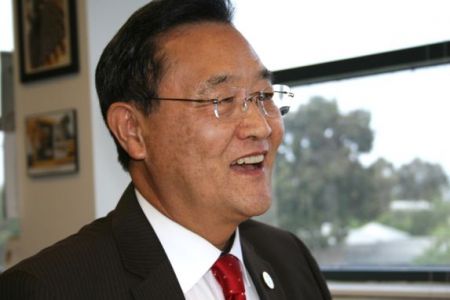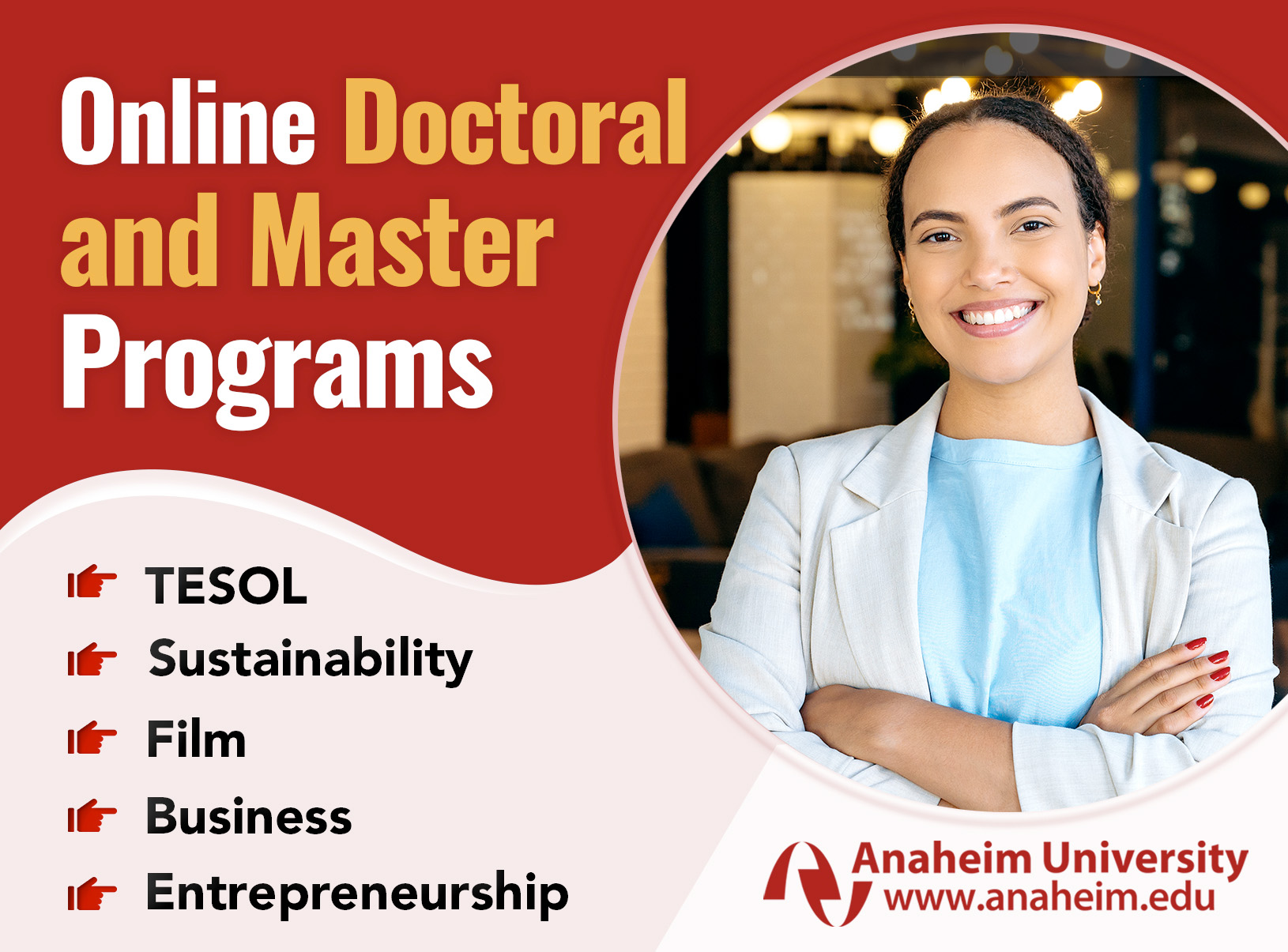FEATURES (22)
A 30-year veteran Marriage Family and Child therapist, mother of five, and grandmother of 10, Lorraine Al-Jamie helps parents to acquire skills that enhance their ability to raise high-functioning and happy children.
The Terrible Twos and Adolescence
Although the terrible twos and adolescence seem far apart, they have much in common. Both are times when children feel a great need for autonomy. Since parents are well aware that children still need us to guide them, we cannot just throw our hands up and give them the freedom they want even though at times we may all be tempted to do so.
To help our children develop skills to become responsible adults, we must provide them with opportunities to make their own decisions whenever safe – and when the consequences of a wrong choice don’t overwhelm. This is the challenge. There is a fine line between deciding what consequence may be too hurtful and which not. It takes courage and faith for a mom or dad to watch their child do something that may cause them to fall down. But it is critical that we do just that so children can learn to be thoughtful and make wise decisions before the consequences become tougher as adults.
How we go about setting limits for our children also is critical. This depends on the age and emotional development of the child. Let us start with infancy. Until around two, babies are usually fairly compliant. And then what is often referred to as “the terrible twos” hits and parents don’t know what hit them. It is extremely important that parents don’t think of their children as being BAD. It is helpful if we view this stage as our child doing what he needs to, to learn more about how the world operates. He must push against limits to learn that they exist, and learn how to cope emotionally when he finds himself up against them.
A SUBJECT that unfortunately is on our minds today is bullying. Some children’s lives become a living hell because they’ve become the tar- gets of a bully or several bullies. Death is the outcome in extreme cases. It is not unknown for a victim to commit suicide to escape from bullying. It appears to me that the attack on this outrage must be two pronged. We must help the victim and protect him physically and psychologically. And we must realize that the bully also desperately needs our help.
Who can help? Many of us: the parents and family of the victim, the parents and family of the bully. Also teachers and educational administrators, coaches and other adult leaders plus anyone who witnesses an incident of bullying. It’s so natural and easy for passersby to not act by telling himself that it’s none of his business and that it is the responsibility of other adults to deal with the situation. But you cannot assume that someone else is going to rescue the child.
30-year veteran Marriage Family and Child Therapist and mother of 5 assists parents in acquiring skills that enhance their ability to raise high-functioning and happy children.
Respect
What outcome are we aiming for?
It is almost universally agreed that the most important job in the world is raising a child, and yet, it is often something we undertake without any preparation. Generally, we parent as we were parented and sometimes this leads to a positive outcome. However, we are not always clear about what outcome we are aiming for.
Blind obedience?
Do we want our children to be blindly obedient? In some cases, “yes.” For example when we shout “STOP” when our child is about to step into oncoming traffic without looking. But how about when we call them to come to us when they are in the middle of some task that is important to them? Are we willing to hear “just a minute, I’m playing a video game.” For some, that is a natural and acceptable response. For others it may feel like defiance. What makes for that difference in our reaction? Generally, it is in the tone of the relationship we have developed with that child.
Mutual respect
When we have built a relationship based on mutual respect and trust, we are much less likely to interpret our child’s response as defiance. For many it is a novel idea that “respect” is a quality that goes in both directions. We are likely to believe that our children owe us respect. We are less likely to understand that our children also want respect.
Getting Along & Getting Things Done in Korea!
The Importance Of Saving Face in Korea!
Because of the importance of social class, rank and precise behavioral forms in pre-modern Korea all Koreans became incredibly sensitive about the behavior of others as well as their own actions because there were so many ways they could get into trouble.
Doing something that made someone else “lose face” or yourself losing face was not a trivial thing. It could be, and often was, disastrous—and it is still something that cannot be taken lightly.
This cultural factor gave birth to chae-myun (chay-me-yuun) or “face-saving” as one of the most important—and demanding—aspects of Korean life.
See how one of the world’s most influential people in public affairs, communications and public relations, Daniel Yankelovich, views the world.
A PROBLEM NOT CONFINED TO THE UNITED STATES
DEMOCRACIES with capitalist economic systems like those in Japan, the United States and Europe have many features in common. One is to compartmentalize thinking about the economy as if it were an autonomous system that operated in isolation of the larger society to which it belongs. Such thinking can lead to serious miscalculations of the sort that currently threaten the social contract that now prevails in the United States
Most economic theorists acknowledge that capitalism creates inequalities. This is a tradeoff that most Americans up to now have willingly accepted, despite the high value we place on equality. To reconcile the conflicting pulls of freedom and equality, Americans have settled on the principle of equality of opportunity as the underlying core value of democratic capitalism. Unfortunately, however, the traditional American value of seeking to “better oneself ” is beginning to show signs of erosion. This is because it is becoming increasingly difficult to realize.
Irvine, California Mayor Steven Choi
Brings Work, Living and Play Together at Great Park
Steven Seokho Choi is the second Korean-born mayor of Irvine, California and the first Asian American to have been elected to a four-year term on the Irvine City Council. Holding a B.A. from Kyung Hee University in Seoul, South Korea, he earned his master’s degree in library science from Louisiana State University and his Ph.D. in library and information science from the University of Pittsburgh. He founded and serves as director of Dr. Choi’s Academy and has taught at University of Southern California, University of California Irvine, California State University Los Angeles, Henderson State University, Saddleback College and Coastline Community College. His political career began when he was elected to the Irvine Unified School District School Board in 1998 and was re-elected in 2002. He was then elected to the Irvine City Council in 2004. In 2012, Choi successfully ran for Mayor of Irvine and was re-elected in 2014. Seoul Journal's Executive Editor Anthony Al-Jamie met with Mayor Choi at Irvine City Hall.
Car parts exports are outdoing exports of finished cars in South Korea. According to a recent article in Korea's leading newspaper, the Chosun Ilbo, the improved quality of Korean-made components and more overseas production by Korean conglomerates have attributed to the rise in exports of car parts that is up by 6% in 2013 over the previous year. This rise is nearly double of what the finished automobile industry has seen with their 3.1% increase. According to South Korea's Ministry of Trade, Industry and Energy, exports of car parts hit a new record in 2013 at 26 billion won. The Chosun Ilbo also recently reported that exports of IT parts are surging as domestic firms including Samsung boost the proportion of overseas production. In addition, last year exports of semiconductor chips hit a record of US$57.15 billion due to the growing demand in mobile devices.
U.S. Ambassador to the Republic of Korea: Building Lasting Relations
When it comes to international relations, Mark Lippert, U.S. Ambassador to the Republic of Korea, comes with a wealth of experience. He has served as a foreign policy advisor to various Senators and Senate Committees, including his work as the Foreign Policy Advisor for then-Senator Obama from 2005 to 2008. After Mr. Obama was elected as president, Mr. Lippert served him as Deputy Assistant to the President and Chief of Staff for the National Security Council. Mr. Lippert left Washington from 2009 to 2011 to be on active duty in the United States Navy, and upon his return, held senior positions in the Department of Defense. In 2014, he was appointed as the United States Ambassador to the Republic of Korea. Since then, he has served his country as a representative to build and maintain peaceful relations between the two countries. On March 5th, 2015 during an event organized by the Korean Council for Reconciliation and Cooperation, which advocates peaceful reunification between North and South Korea, a man named Ki-Jong Kim, who was protesting annual joint military drills between South Korea and the U.S. military, slashed Ambassador Lippert in the face and jaw shortly before the ambassador was supposed to give a speech. The gash required 80 stitches. In addition, the ambassador was also slashed five times on his left arm and hand. Ki-Jong Kim was sentenced to 12 years in prison for attempted murder, assaulting a foreign envoy and business obstruction. Adding on to the ambassador’s expertise in international relations and diplomacy, Mr. Lippert brings a personable approach to his position; his fast acquisition of the Korean language, his love of walking in the streets of Seoul, and his social media accounts that share his daily life in Korea show the endearing personality he brings to his job. He currently resides in Seoul with his wife, Mrs. Robyn Lippert, his son, Sejun Lippert, and a pet dog, Grisby, a lovable basset hound who has his own Twitter account. Seoul Journal Executive Editor Anthony Al-Jamie about his experience as an ambassador and his experience in Korea.

















